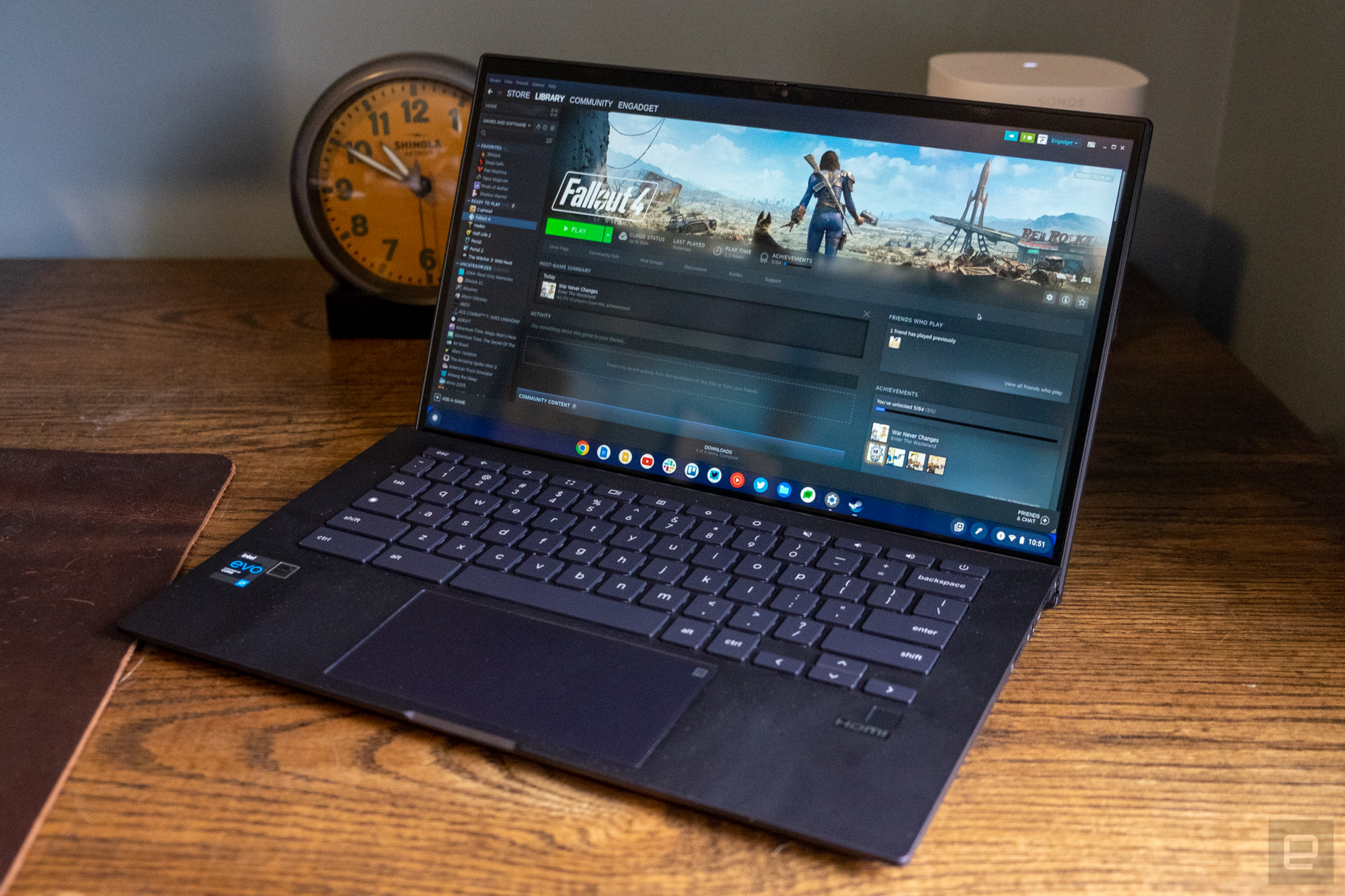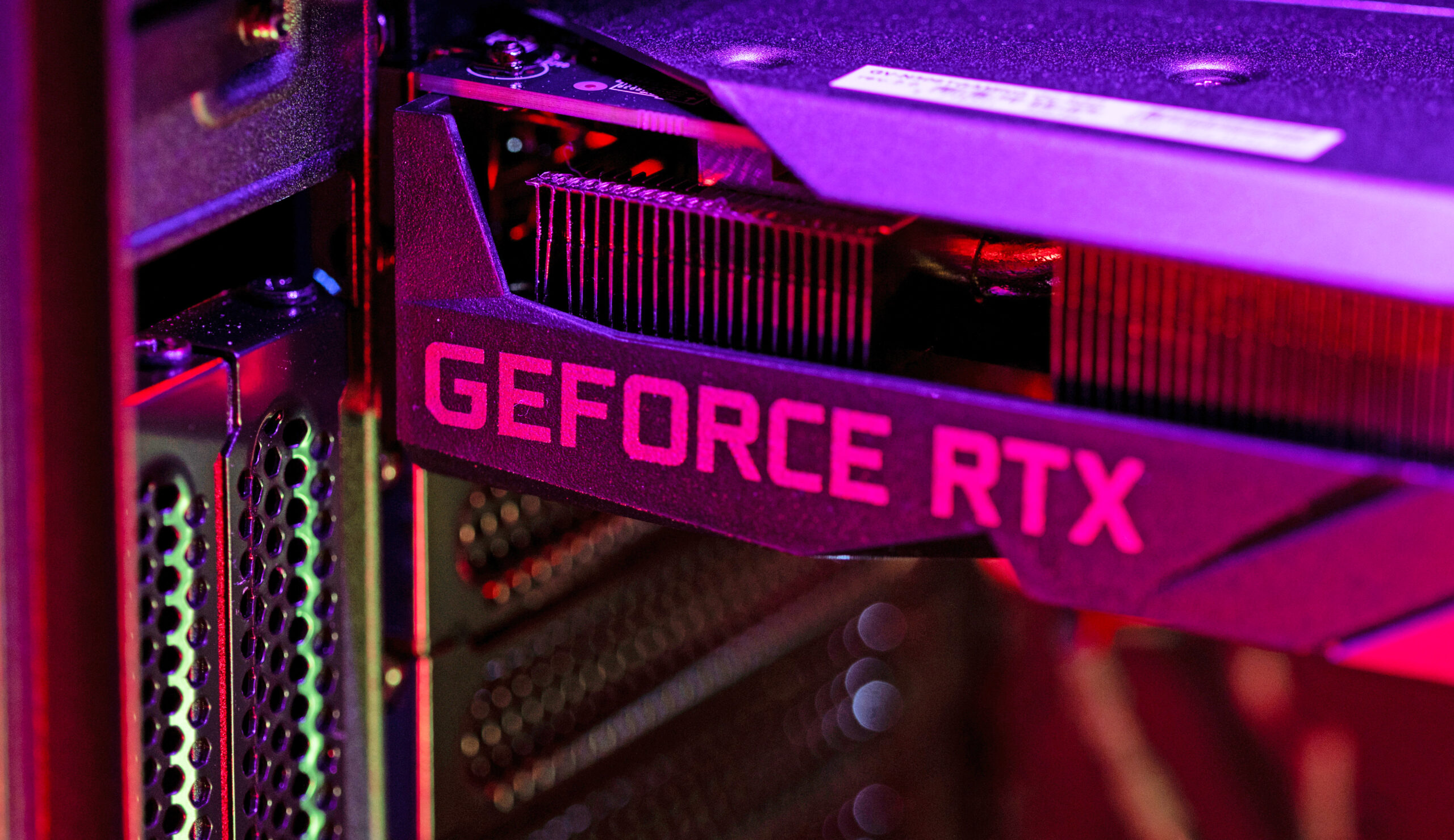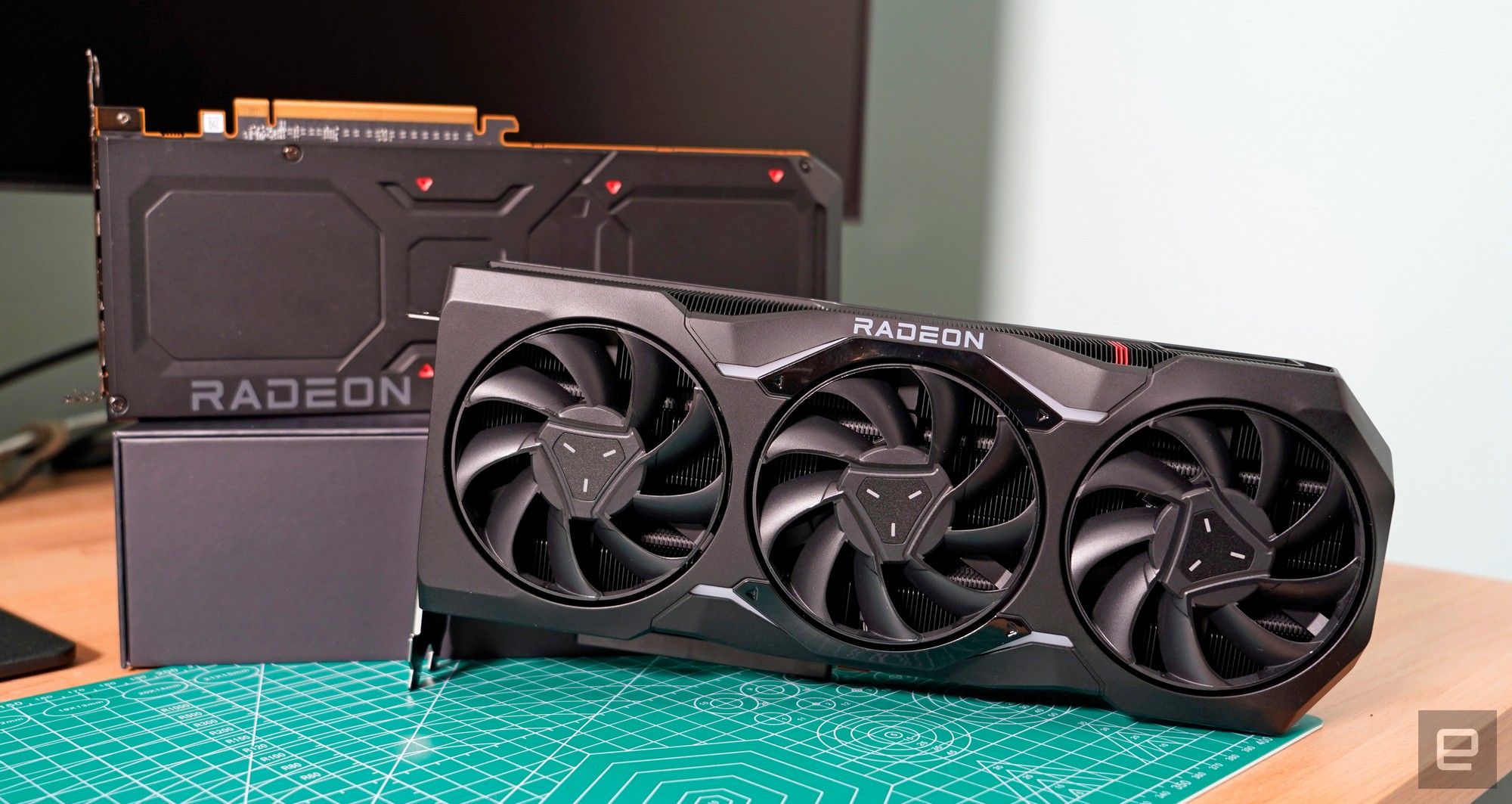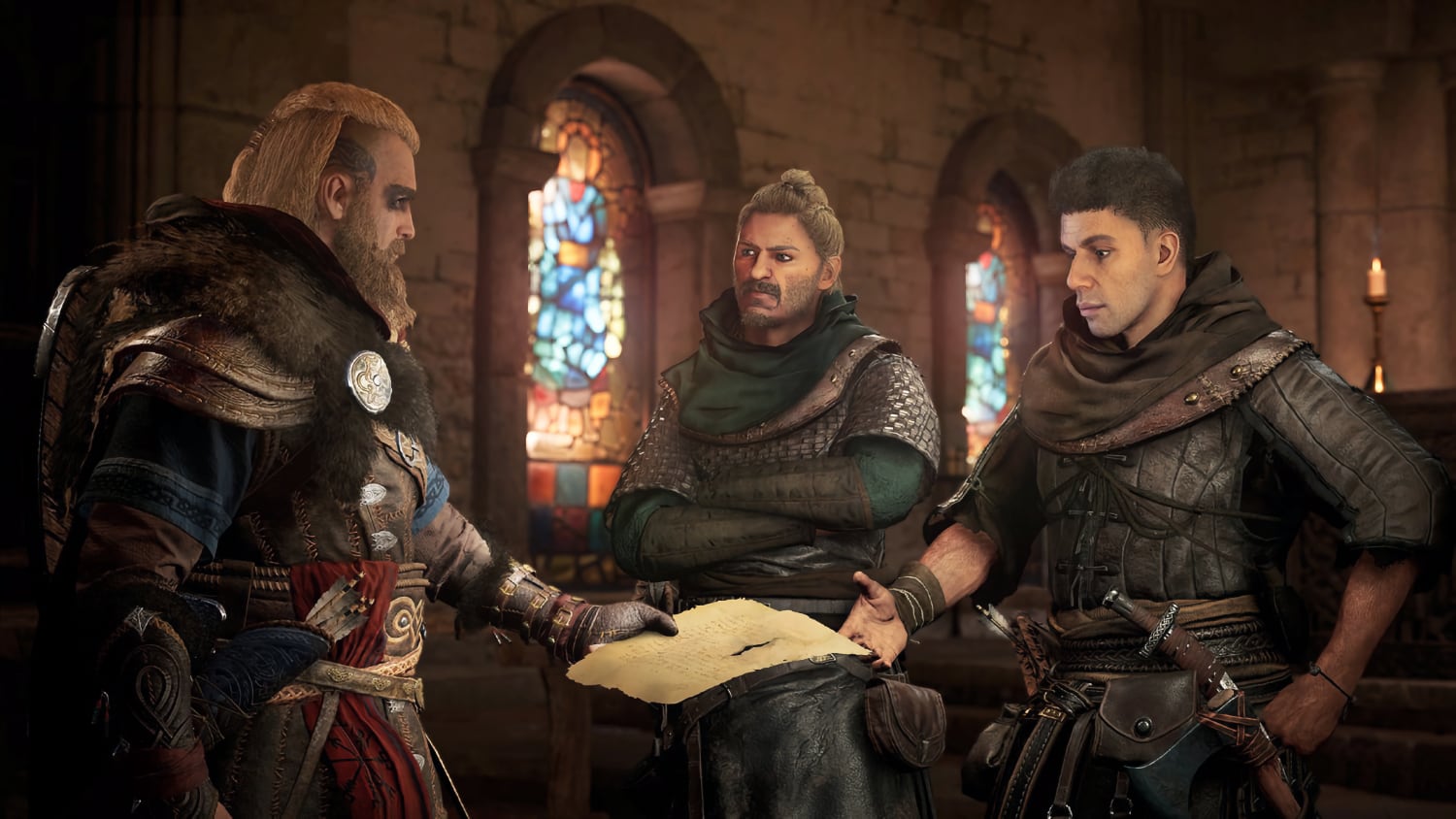For about so long as Chrome OS has existed, gaming has been one among its most notable Achilles’ heels. Most Chromebooks have lower-power {hardware}, and the OS is constructed on net expertise, so taking part in AAA titles discovered on Home windows has merely not been an choice. The rise of cloud-based gaming companies like Google’s personal Stadia have helped the scenario, however maybe the most important advance in Chromebook gaming got here in late March, when Google introduced that Valve’s Steam platform was in an early alpha part on Chrome OS. Simply as you possibly can on Home windows, Mac and Linux, this allows you to obtain and set up video games from the huge Steam catalog. As a Chromebook fan who additionally loves sport, I needed to give this a shot.
So Google supplied me with one of many seven Chromebooks that may run Steam, an ASUS Chromebook CX9 with Intel’s Eleventh-generation Core i7 processor, 16GB of RAM and 512GB of space for storing. These are hefty specs for a Chromebook, however Google specified that Steam required a tool with no less than a Core i5 processor and 8GB of RAM. Whereas Steam could ultimately work with lower-powered gadgets, it is clear that many Chromebooks merely will not have the ability to reduce it. However in the event you do have the appropriate {hardware}, the Steam expertise is fairly good, as long as you retain your expectations in test.
I didn’t have any issues getting Steam installed, nevertheless it’s much more sophisticated than setting it up on a Home windows laptop. You will want to change your Chromebook to the Dev channel, so do not do that on a machine you depend on for every day use. After that, you will have to allow a particular flag in Chrome and sort a number of instructions into the Chrome OS Crosh terminal. As soon as that is accomplished, Steam will obtain to your machine, at which level you possibly can login and begin downloading video games.
Proper off the bat, any sport that’s supported in Steam for Linux could be put in with none compatibility points. As I am an enormous Half-Life fan, the primary two video games I attempted out have been Valve’s personal Half-Life 2 and Portal 2 — two outdated video games that do not require highly effective {hardware}. Each, unsurprisingly, performed like a appeal. There have been uncommon body fee drops, however the expertise felt an identical to taking part in them on Home windows or on a Mac.
At the exact opposite finish of the spectrum, I made a decision to get loopy and set up 2018’s God of Struggle, initially launched for the PS4 and ported to Home windows in January of this 12 months. It was a very unplayable slideshow. That is no shock, although, as God of Struggle requires both NVIDIA’s GTX 960 or AMD’s R9 290X graphics playing cards with 4GB of reminiscence. The Chromebook’s built-in Intel Iris X graphics aren’t in the identical league. That is no actual knock on the Chromebook, although, as a result of a Home windows machine with the identical specs would not have the ability to run God of Struggle, both. I used to be largely stunned that I used to be in a position to set up it in any respect.
To put in video games like God of Struggle, or another titles that don’t have a local Linux model, you’ll have to activate the experimental Steam Play compatibility instruments. As soon as I did that, although, I may set up nearly any sport I got here throughout. Clearly, demanding video games like God of Struggle aren’t going to work, however there are nonetheless tons of titles within the Steam library which can be value trying out. Each Hades and Cuphead ran flawlessly, and Fallout 4 labored fairly properly too. It wasn’t as easy as the opposite video games I attempted, however the first few hours have been undoubtedly playable.
The principle catch is that the primary time you run video games utilizing compatibility instruments, they’re extraordinarily sluggish to load. Steam has to “course of Vulkan shaders” for lots of titles, and this could take 5 to 10 minutes or extra on some video games (like Fallout 4). Happily, this solely occurs the primary time you launch a specific title.
Many of the video games I attempted have been from Google’s personal listing of really helpful titles that had been examined on Chrome OS, and people experiences have been virtually all strong. The one sport my Chromebook could not fairly sustain with was The Witcher 3: Wild Hunt. Google really helpful taking part in that one with graphics on low, and mentioned that solely Chromebooks with an i7 processor would work. Even then, body charges and management responsiveness was poor sufficient that I did not need to play after a couple of minutes.
Whereas Google and Valve will definitely enhance the Steam expertise from this early alpha, it is honest to say that Chrome OS won’t ever be the place to play cutting-edge video games. Chromebooks simply aren’t constructed with that type of {hardware}.
However, Steam’s library is huge, and there are millions of titles throughout any style that you can imagine. Bringing that catalog to Chrome OS is a big step ahead for individuals who love video games however do not essentially have to play Cyberpunk 2077 with settings on excessive. Whether or not it is for replaying older classics like Portal 2 or attempting newer releases like Hades, Steam for Chrome OS vastly expands the gaming you are able to do on a Chromebook. And in the event you actually need to play The Witcher 3 or God of Struggle, a streaming service like NVIDIA’s GeForce Now can plug the hole. To date, the alpha construct of Steam for Chrome OS is promising, and I hope that Google and Valve could make it work on extra Chromebooks earlier than lengthy.
All merchandise really helpful by Engadget are chosen by our editorial group, impartial of our mother or father firm. A few of our tales embody affiliate hyperlinks. When you purchase one thing by means of one among these hyperlinks, we could earn an affiliate fee.







